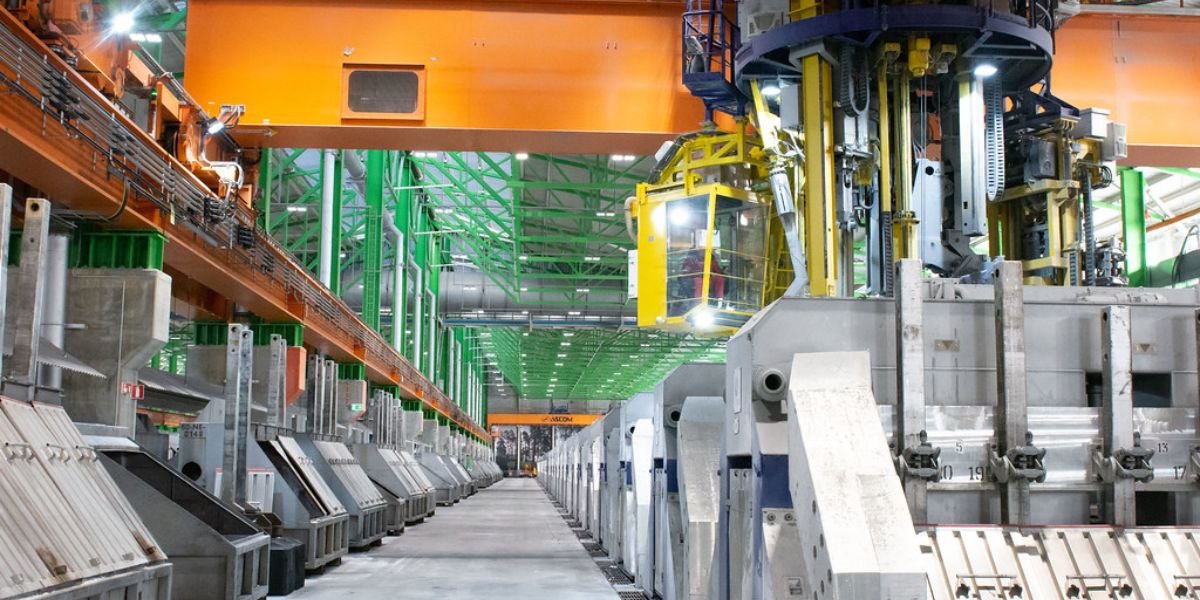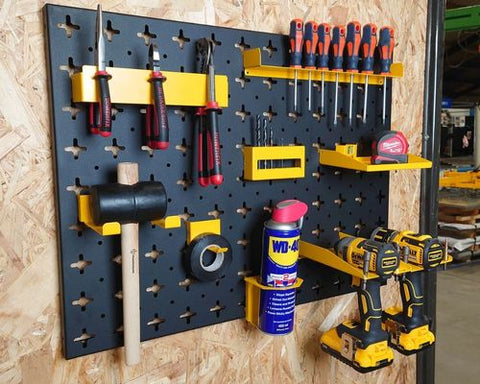Lean Manufacturing Principles.

In the United Kingdom, as in many other parts of the world, manufacturing industries face constant pressure to deliver high-quality products efficiently and cost-effectively. Lean manufacturing has emerged as a transformative approach that not only meets these demands but also fosters sustainable growth. In this blog, we'll explore the concept of lean manufacturing and its significance in the UK.
1. Streamlining Production Processes
At its core, lean manufacturing is about streamlining production processes to eliminate waste and maximise efficiency. It emphasises the continuous improvement of workflows, reducing unnecessary steps and optimising resource utilisation. In the UK, where competitiveness is key, this approach is invaluable.
2. Eliminating Waste
One of the fundamental principles of lean manufacturing is the identification and elimination of waste in all its forms. This includes not only material waste but also wasted time and effort. By reducing waste, manufacturers in the UK can lower production costs and enhance their competitiveness.
3. Improved Quality Control
Lean manufacturing places a strong emphasis on quality control at every stage of production. In the UK, this is particularly significant as it ensures that products meet or exceed stringent quality standards. Enhanced quality control results in fewer defects, reduced rework, and greater customer satisfaction.

4. Enhanced Productivity
Lean manufacturing techniques, such as 5S (Sort, Set in order, Shine, Standardise, Sustain), just-in-time production, and kanban systems, contribute to enhanced productivity in UK manufacturing facilities. These methodologies enable workers to perform their tasks more efficiently, leading to increased output without overburdening resources.
5. Workforce Engagement
Engaging the workforce is a central tenet of lean manufacturing. It encourages employees in the UK to contribute ideas for process improvement, fostering a culture of continuous learning and innovation. Empowered and motivated workers are more likely to drive positive change within their organisations.

6. Flexibility and Adaptability
Lean manufacturing equips UK manufacturers with the flexibility to adapt to changing market demands. Whether it's scaling production up or down, reconfiguring processes, or introducing new product lines, lean principles enable companies to respond swiftly and effectively.
7. Sustainability
Sustainability is a growing concern in the UK, and lean manufacturing aligns perfectly with this goal. By minimising waste and optimising resource utilisation, it reduces the environmental footprint of manufacturing operations. This is not only environmentally responsible but also cost-effective.

8. Competitive Advantage
In a global marketplace, UK manufacturers must maintain a competitive edge. Lean manufacturing allows them to do just that by delivering higher-quality products at lower costs. This advantage positions UK companies as strong contenders on the world stage.
In conclusion, lean manufacturing has become a driving force in the UK's manufacturing sector, enabling companies to thrive in a competitive and ever-changing landscape. By eliminating waste, enhancing productivity, improving quality, and fostering a culture of continuous improvement, lean manufacturing empowers UK manufacturers to deliver outstanding results. It's not just a methodology; it's a pathway to sustainable growth and success in the modern manufacturing world.


